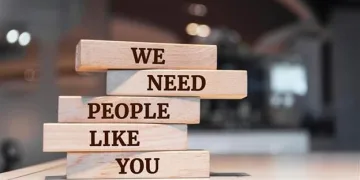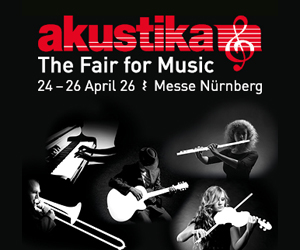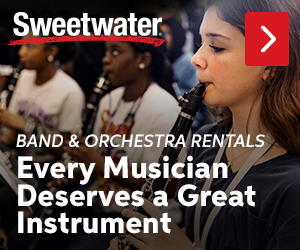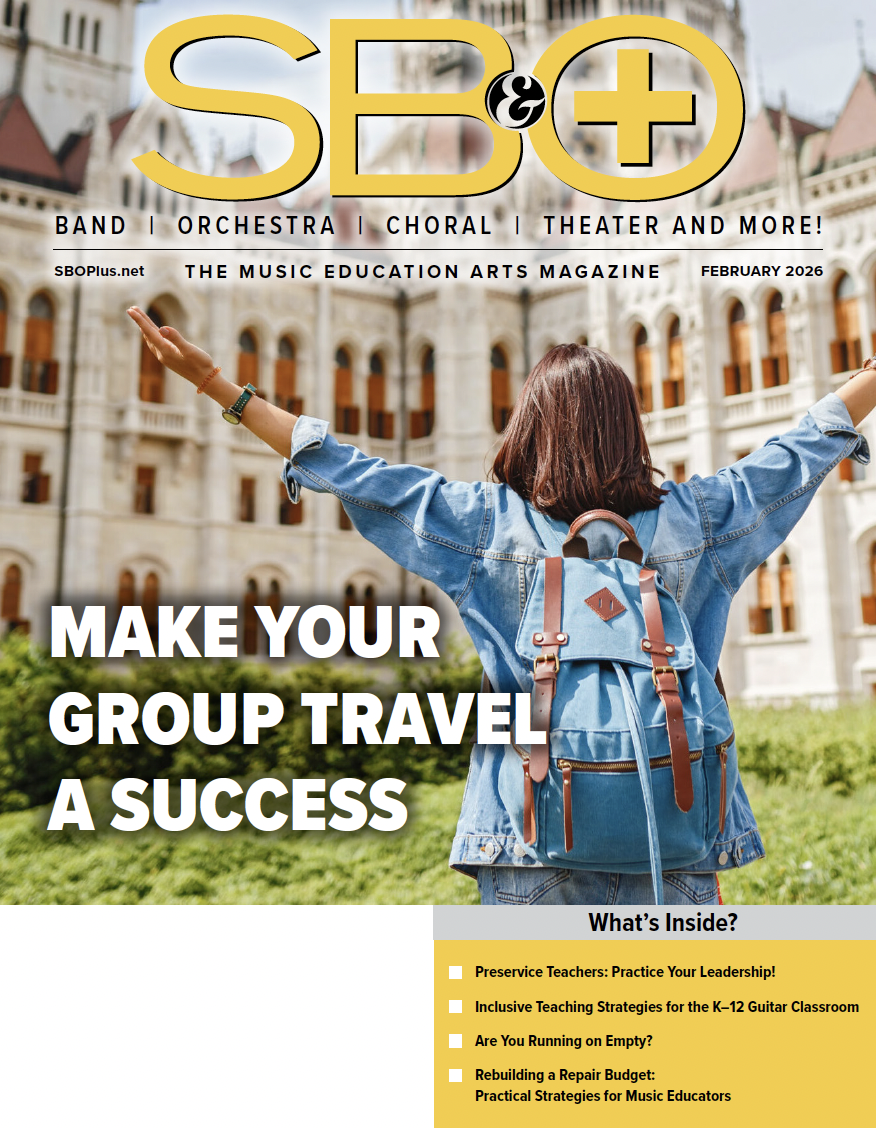In recent years, the music education sector has faced unprecedented challenges that threaten the sustainability of our instrument service industry. The alarming trend of music stores closing and experienced repair technicians retiring has created a void that directly impacts music educators and their students. As a community, we must recognize the growing need for educators to engage more deeply with the industry side of music—specifically in instrument repair and product knowledge—to better support our students’ musical journeys.
One of the critical issues in our sector is the division between those who impart knowledge and foster skill development on instruments and those who possess in-depth expertise in product maintenance and repair. While educators excel in teaching the nuances of music and technique, we urgently need more music educators to step into the roles of repair technicians and product specialists. This dual expertise is essential to ensure students can access the right equipment and necessary repairs, ultimately facilitating their success.
The importance of having knowledgeable professionals in this intersection cannot be overstated. It is often disheartening to witness music directors make decisions based on limited information or reliance on external private lesson teachers who have never worked with the student. These decisions can significantly influence a student’s experience and success with their chosen instrument. Research indicates that many young wind players make a pivotal choice about whether to continue playing during their teenage years—often determining whether they will sustain their passion for music through middle and high school or abandon it altogether. Thus, having educators who understand both pedagogy and the intricacies of equipment is crucial in shaping these decisions positively.
To reverse these trends in our sector, we must enhance our capability to address students’ equipment needs through informed pedagogy. By doing so, we can actively promote engagement and retention among young musicians. In the current landscape, the often-overlooked relationship between product sales, repairs, and music education presents a critical juncture for our industry. Smart pedagogy must not only be applied to teaching music but also extend to the thoughtful selection of instruments and repair services. This holistic approach ensures we are adequately serving our students’ needs.
What is Pedagogical Selling?
At the heart of this strategy lies the concept of pedagogical selling—an approach that integrates educational moments into the sales process. This strategy is emerging as an essential tool for redefining student engagement while fostering a deeper understanding of instruments. As we navigate market fluctuations and shifts in consumer behavior, the need for effective sales strategies that prioritize education becomes paramount.
At Lisa’s Clarinet Shop, we have centered our philosophy around pedagogical selling. This focus has allowed us to streamline our inventory, share a sales methodology founded in pedagogy, and concentrate on premium quality mouthpieces and instruments that cater to a wide range of student needs while emphasizing educational value. Moreover, we have introduced repair training programs through The Wind Repair Training Academy to fortify our commitment to enhancing the link between music education and instrument maintenance.
We have worked on building a pedagogically sound sales model for others to replicate. By encouraging more music educators to collaborate within the industry, we can create a significantly more robust music education ecosystem. Educators with a solid understanding of mouthpieces and instruments can empower students by advising them on gear purchases that properly support their unique development. Additionally, access to repair services ensures students’ instruments are maintained in optimal condition, preserving their enthusiasm for music.
The Future of Music Education and Industry Collaboration
In an era where student retention is increasingly tied to their perception of success, we must build a culture that values collaboration between music education and industry. Music educators who embrace roles as product specialists and repair technicians are not only enhancing their teaching capabilities but also establishing a vital support network for their students.
Moreover, this shift can lead to greater advocacy for music education. When educators demonstrate their understanding of both pedagogical methods and practical skills related to equipment, they position themselves as key stakeholders in promoting music programs within schools. Their insights and expertise will be invaluable in lobbying for resources and funding, ultimately benefiting the entire community.
It is also crucial for music educators to engage in continuous professional development. Participating in workshops, consultations, and training opportunities related to instrument repair and product knowledge will further equip them to serve their students effectively. Engaging with industry professionals will facilitate the exchange of knowledge and enhance educators’ understanding of the products they recommend.
The current challenges facing the music service industry present a unique opportunity for music educators to expand their roles beyond traditional teaching. By becoming informed product specialists and competent repair technicians, educators can ensure their students are equipped with the right tools and support for their musical journeys. It can also open new income possibilities for music teachers.
The revitalization of our sector relies on collaboration between music education and industry professionals. Together, we can foster a culture that values comprehensive education, informed decision-making, and a commitment to the industry that has given us our own musical development. The transformation of music educators into multifaceted specialists is not just an individual benefit; it represents a broader strategy to ensure the sustainability and vibrancy of music education for generations to come.




























